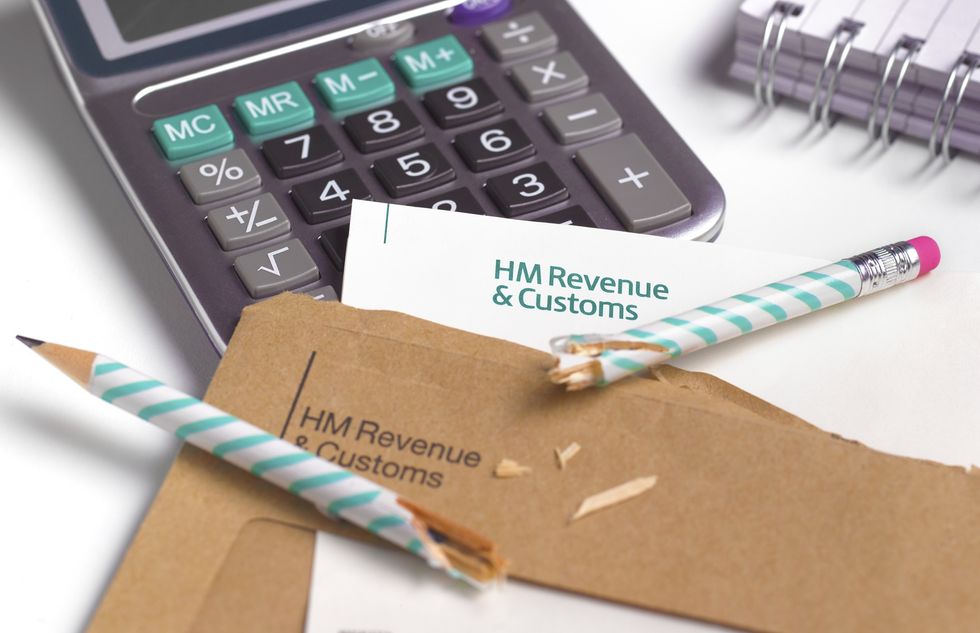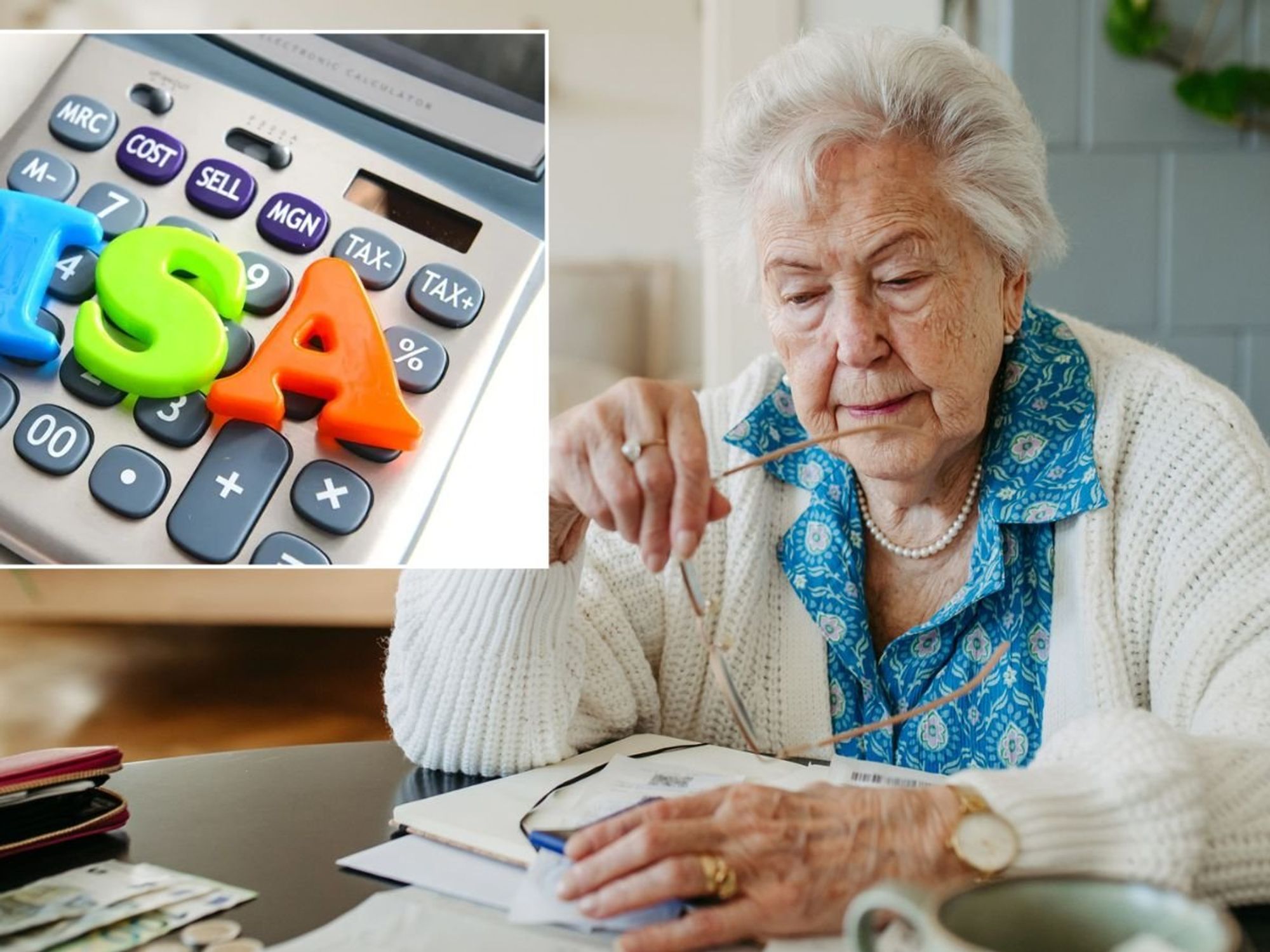Simple Assessment explained as tens of thousands of pensioners face HMRC tax demand

HMRC is contacting around 560,000 customers who will need to pay tax via Simple Assessment
|GETTY

HMRC is contacting around 560,000 customers who will need to pay tax via Simple Assessment
Don't Miss
Most Read
At least 140,000 pensioners will receive a tax demand from HMRC in the next six weeks, for the first time since they retired.
The bill comes after their state pension and private pension income dragged them over the tax-free income tax band.
The Conservative Government froze the personal allowance at £12,570 for six years, until 2028, meaning as income rises, more and more people are facing paying more tax.
After the state pension increased by 10.1 per cent in April 2023, some pensioners were dragged into the basic rate tax band. An 8.5 per cent rise earlier this year means more people could face the tax.
The letter from HMRC will include a detailed calculation of any tax due for income the taxpayer received between April 2023 and April 2024.

HMRC will be writing to tens of thousands of pensioners
| GETTYWho will get a tax demand?
HMRC is writing to around 560,000 people, including at least 140,000 pensioners, who have taxable income but who aren’t in Self Assessment, or for whom they can’t automatically deduct the tax owed via a PAYE tax code.
If HMRC already holds all the information on someone’s taxable income from wages, state pensions or private pensions, and collects that tax through the PAYE system, the department can work out their tax liability without them needing to fill out a full self-assessment tax return.
However, if insufficient tax has been collected, such as from pensioners who only get state pension income, then HMRC contacts them at the end of the tax year with a tax demand.
For the 140,000 pensioners being written to, this tax demand refers to the 2023/24 tax year.
They will usually have until January 2025 to pay the bill, and people can pay instalments if they want to, provided the total bill is paid by the deadline.
Steve Webb, partner at pension consultants LCP, told GB News: “Simple assessment is designed to save people the trouble of having to fill in a self-assessment tax return.
“If HMRC already have all the information they need about your sources of taxable income, including state and private pensions, they can work out what you owe and send out a bill if you have not paid enough tax.”
What does the tax demand mean?
For those who owe tax, they'll need to pay the bill, and the deadline for the 2023 to 2024 tax year is usually January 2025.
Sir Steve explained some may want to plan ahead now. He said: “If you expect your annual income to be over the tax threshold of £12,570 it is a good idea to set a bit aside for the day when the tax demand drops through your letter box.
“Although bills for 2023/24 are being sent out in the next six weeks, you do however have until January 2025 to pay your tax bill, so there’s no need to take immediate action.
"Receiving a Simple Assessment tax bill does not mean you have done anything wrong. It just means that the normal way of collecting tax – through the pay-as-you-earn system on wages and company pensions – doesn’t collect the right amount in your case.
"Provided that you pay the bill by the deadline there’s no need to worry."
MORE FROM GBN MEMBERSHIP:
Beware of scammers
Sir Steve explained the size of the bill will "often be relatively small at first, but this could grow year-on-year if the current policy of freezing tax thresholds continues".
He added: “The recipients of these letters are not well off, and some will have a living standard below the pensions industry’s assessment of the ‘minimum’ income needed for a basic quality of life."
Sir Steve also warned there is a risk people could fall victim to scammers.
He said: "There is also a risk that scammers will catch on to the fact that these letters are being sent out and come up with fake letters trying to get money out of pensioners.
The new Government needs to take an urgent look at whether taxing so many people on such modest levels of income in retirement is really the right way to proceed."










